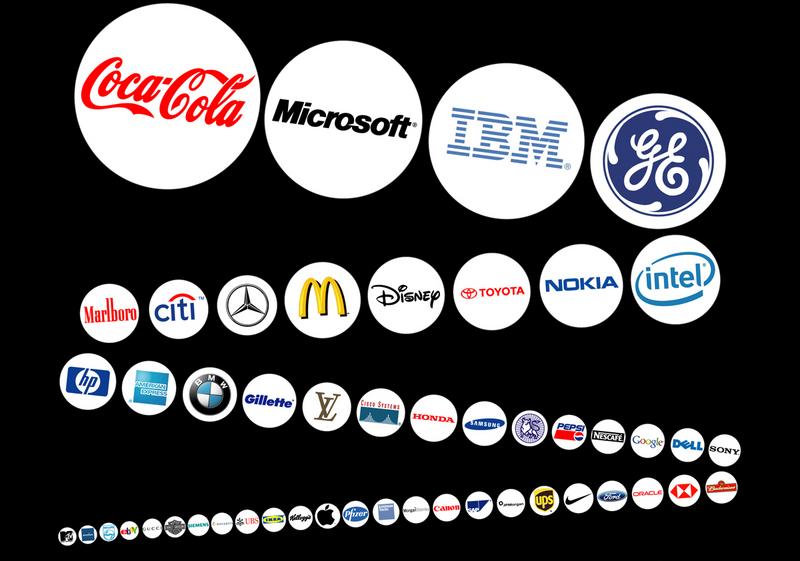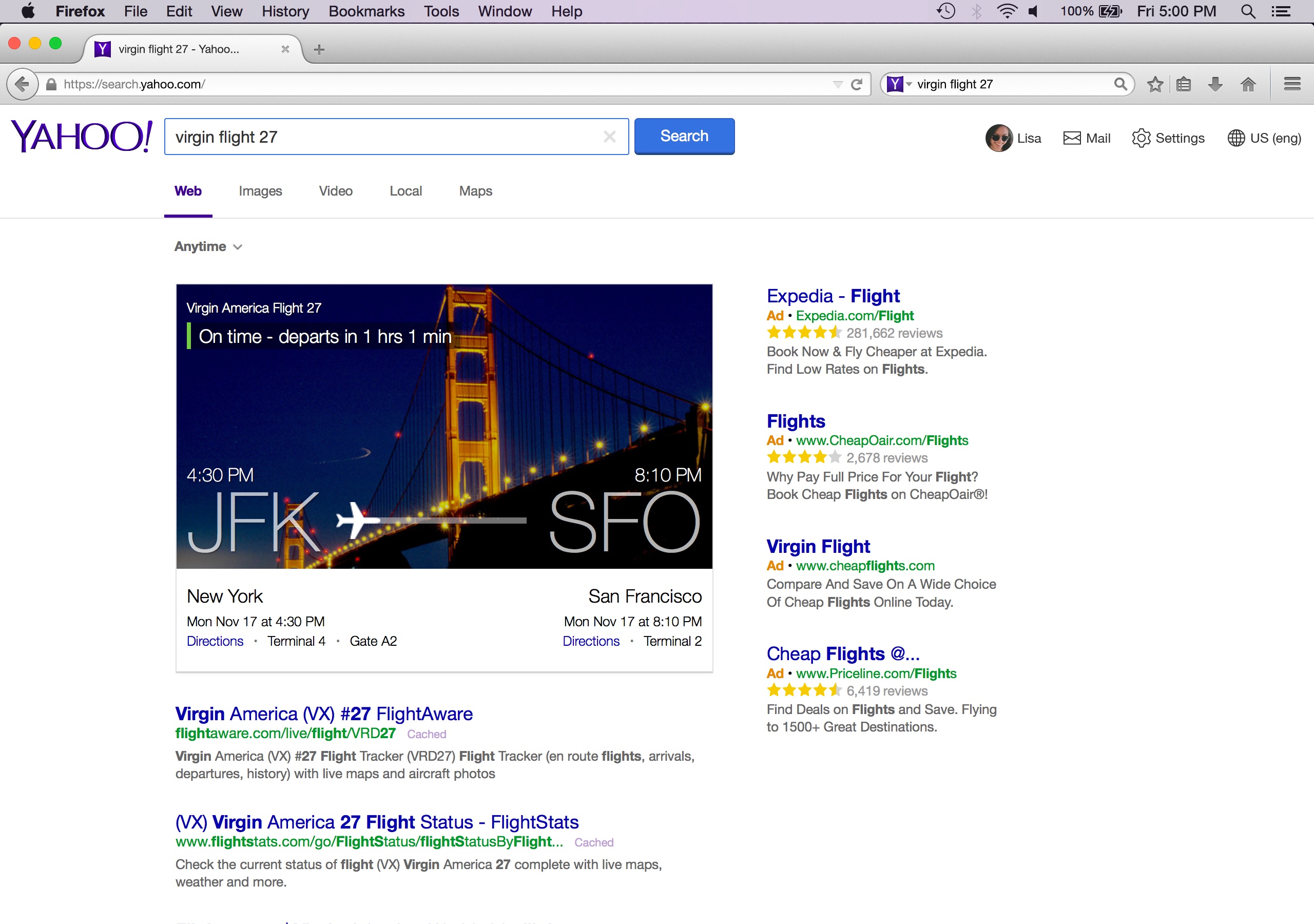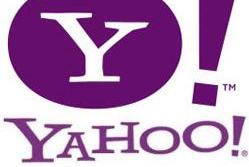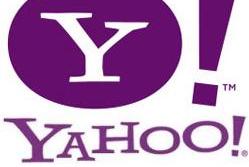Managing the public face: Why perception is king in IT
Some leading IT companies are seen as big and unfriendly, others as cool and welcoming - but why?

Yet realistically, what was Google supposed to do? The presence of its search engine in China does open up a wealth of material to its residents, while walking away wouldn't have helped the censorship problem that the Chinese people work under.
Further questions have been pointed at the length of time that Google holds personal information for, and it's had scraps over copyright regarding its plans to digitise books. Plus it's facing questions over just how many hits that come through its advertising platform are legitimate, and what the firm is doing to combat fraudulent clicking by scripts.
The problem though was that the Google team set itself a high target with its "Don't Be Evil" guiding slogan. They were words penned when Google was a much, much smaller business. But when a company grows as Google has, things are much hardly to define in black and white, good and evil terms. Nonetheless, its size has undoubtedly contributed to its public perception, and the turn in media reporting, although it still comes across as friendlier than most. It'll be interesting and challenging few years ahead, to see whether Google can keep that up.
Historical
So how, given that each company is likely to have actions in its closet that it'd rather not talk about in public, is one viewed in such a friendly way, one in a very suspicious manner, and the other somewhere in between?
Perhaps the answer here lies in history and prominence. Because as many have mentioned, the modern day Microsoft is a friendlier beast than the animal of the past. It engages with its customers more, reacts to them and works with them. Many in the trade who deal with Microsoft on a regular basis would struggle to come up with too many negative words about the experience, and the company has helped many others make a tidy living. In short, in many ways it has learned from its mistakes, and is actively working to fix them.
There is a track record that really doesn't help Microsoft, and even though many in the trade have been guilty of similar missteps, none are as big or as influential on Microsoft.
Get the ITPro daily newsletter
Sign up today and you will receive a free copy of our Future Focus 2025 report - the leading guidance on AI, cybersecurity and other IT challenges as per 700+ senior executives
The infamous anti-trust trial was perhaps the major turning point where the firm's image problem was concerned, and a legal judgement such as the one Microsoft received allows the reporting media to apply words such as monopolist without fear of the lawyers being on the phone. Simply, it was proven in a court of law.
That means that Microsoft's future mistakes, no matter how hard it tries, are going to be held up for greater scrutiny than most. It's a problem, ultimately, of its own making, but it proves that once a perception about a company has been fixed, it's very hard to shake off. That said, there's one area where it has had some success, and that's in the gaming sector, but half of the battle there has been pitching itself as a friendlier, underdog competitor to Sony (who itself is no longer seen in quite the friendly way it was in the gaming sector).
Savvy
Apple and Google haven't lost court cases on the scale or magnitude of Microsoft's, and have both been savvy about positioning themselves against Microsoft in the PR game. This, of course, has a double effect. They both have the option of painting their large competitor in terms that fit nicely with the public perception of Microsoft, while offering themselves up as a friendly alternative. Two ducks have rarely been smashed so well with a single stone.
So does Apple and Google's actions offer real distinction from Microsoft, or do the pair of them simply have a better chance of playing the public relations game? Right now, it doesn't really matter. Because for the vast bulk of the marketplace, it's perception that's the key, and both of them are playing the game well.
In fact, let's go further: right now, few brands in the world are playing that game anywhere near as well as Steve Jobs and Apple. It's a brand that's managed to convey a 'coolness', while retain a cutting edge, and its appeal is cross-generational. The vast bulk of it has been earned off the success of the iPod, but now Apple has leveraged that cleverly to help boost sales of its Macintosh line of computers. There are few companies on Earth who wouldn't want a brand image such as Apple's.
Yet this is the same Apple that in 2006 announced it had "discovered irregularities related to the issuance of certain stock option grants made between 1997 and 2001". It's the same Apple that took arms against a website called Think Secret, a website that reported on Apple rumours and such like, and ultimately forced it to shut. And it's also the same Apple that's been fiercely protective of its digital rights management format, refusing to license it for the use of others.
These actions, of course, don't make Apple an evil company, yet they do jar with the carefully crafted public image under which it does business. But they show the value of a good reputation, and in the broader marketplace, the importance of perception.
Because ultimately, and we've focussed only on three companies here, so friendly is the Apple name, that it does help fight off criticism that Microsoft, and even Google to an extent, wouldn't be able to rid themselves of quite so easily.
In short, perception may not be everything, but it certainly is king.
-
 Bigger salaries, more burnout: Is the CISO role in crisis?
Bigger salaries, more burnout: Is the CISO role in crisis?In-depth CISOs are more stressed than ever before – but why is this and what can be done?
By Kate O'Flaherty Published
-
 Cheap cyber crime kits can be bought on the dark web for less than $25
Cheap cyber crime kits can be bought on the dark web for less than $25News Research from NordVPN shows phishing kits are now widely available on the dark web and via messaging apps like Telegram, and are often selling for less than $25.
By Emma Woollacott Published
-
 Google right to be forgotten rule extends to Bing & Yahoo
Google right to be forgotten rule extends to Bing & YahooNews The EU’s controversial right to be forgotten ruling against Google will now also apply to Yahoo and Bing
By Caroline Preece Published
-
 Firefox to switch default search engine from Google to Yahoo
Firefox to switch default search engine from Google to YahooNews Mozilla signs five-year agreement with Yahoo
By Khidr Suleman Published
-
 Google and Microsoft to discuss Right to be Forgotten
Google and Microsoft to discuss Right to be ForgottenNews The two tech companies have been invited alongside Yahoo to converse with EU privacy officials
By Clare Hopping Published
-
 iOS 8 abandons Yahoo weather app
iOS 8 abandons Yahoo weather appNews iOS 8 is to drop Yahoo for its weather app in favour of The Weather Channel
By Caroline Preece Published
-
 NSA intercepts data from Google and Yahoo servers
NSA intercepts data from Google and Yahoo serversNews Agency said to be using unnamed telecoms providers to glean data.
By Khidr Suleman Published
-
 NSA paid Google, Yahoo and Microsoft to cover PRISM compliance costs
NSA paid Google, Yahoo and Microsoft to cover PRISM compliance costsNews Firms had to cover compliance costs for Project PRISM.
By Khidr Suleman Published
-
 Yahoo overtakes Google and Microsoft in US traffic
Yahoo overtakes Google and Microsoft in US trafficNews Venerable web service giant tops unique user ranks.
By Jane McCallion Published
-
 Yahoo shares reach 18-month high as investors warm to new CEO
Yahoo shares reach 18-month high as investors warm to new CEONews Marissa Mayer's appointment appears to have buoyed Yahoo investors.
By ITPro Published